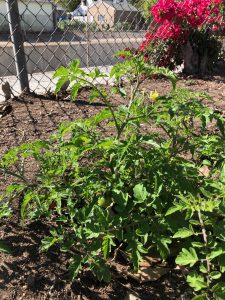A text by Pema Chödron
“So hard to find such ease and wealth
Whereby to render meaningful this human birth!
If now I fail to turn it to my profit,
How could such a chance be mine again?
–Shantideva, The Way of the Bodhisattva, 1.4From the Buddhist point of view, human birth is very precious. Shantideva assumes that we understand this preciousness, with its relative ease and wealth. He urges us to contemplate our good situation and not to miss this chance to do something meaningful with our lives.
Pema Chödron, Becoming Bodhisatvas: A Guidebook of compassionate Action
This life is, however, a brief and fading window of opportunity. None of us knows what will happen next. As I’ve grown older with my sangha brothers and sisters, I’ve seen many friends die or experience dramatic changes in their health or mental stability. Right now, even though our lives may seem far from perfect, we have excellent circumstances. We have intelligence, the availability of teachers and teachings, and at least some inclination to study and meditate. But some of us will die before the year is up; and in the next five years, some of us will be too ill or in too much pain to concentrate on a Buddhist text, let alone live by it.
Moreover, many of us will become more distracted by worldly pursuits-for two, ten twenty years or the rest of our lives-and no longer have the leisure to free ourselves from the rigidity of self absorption.
In the future, outer circumstances such as ware or violence might become so pervasive that we won’t have time for honest self-reflection. This could easily happen. Or, we might fall into the trap of too much comfort. When life feels so pleasurable, so luxurious and cozy, there is not enough pain to turn us away from worldly seductions. Lulled into complacency, we become indifferent to the suffering of our fellow beings.
The Buddha assures us that our human birth is ideal, with just the right balance of pleasure and pain. The point is not to squander this good fortune.

